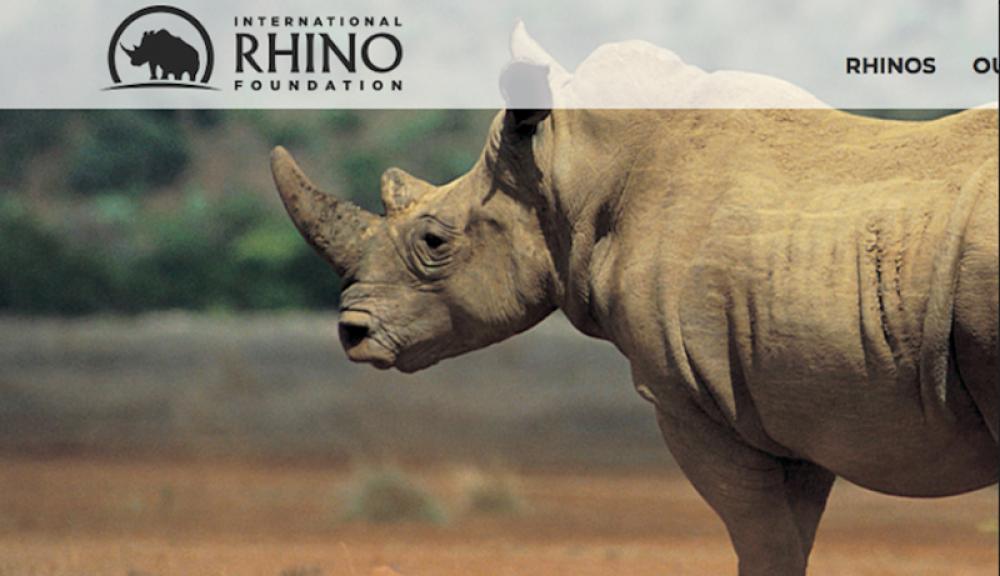Just Earth News | @justearthnews | 14 Jul 2020

Strasburg, Va – Responding to urgent requests from game reserves and parks facing severe budget shortfalls as the result of the loss of tourism income in Southern Africa, the International Rhino Foundation (IRF) awarded emergency grants totaling nearly $150,000 to six organizations.
The two species of African rhinos and other wildlife that reside in game reserves are dependent on protection and monitoring personnel for their continued safety.
With travel halted and emergency shutdowns enacted to mitigate the spread of COVID-19, reserves are struggling to keep team members employed and have been forced to ask staff to work for reduced pay, Reduced income also means that health and safety equipment protecting against the virus are often not available to staff.
“It’s critical that monitoring, protection, and intelligence activities continue uninterrupted to ensure the safety of rhinos in southern Africa,” said Nina Fascione, IRF’s executive director.
“IRF recognized the economic crisis would impact our partners’ ability to maintain operations and acted quickly to raise funds for emergency support.”
The Reserve Relief Fund was established in May with $200,000 coming from long time IRF supporters and new donors as well. IRF moved its annual “Cinco de Rhino,” a party for a purpose fundraiser, online this year.
The one-day event raised more than $30,000 for the Reserve Relief Fund, from virtual happy hours and additional individual donations.
“Team Rhino turned out in a big way, recognizing the critical importance and timing to help offset the loss of tourism income, which has had dire consequences on the economy and businesses which provide the bulk of funding for local communities and wildlife protection,” says Fascione.
The fund is making grants on a rolling monthly basis to organizations to help pay staff salaries, purchase health and safety equipment, and keep rhino protection units in the field where they are needed.
The first grants from the fund were made to six organizations:
Mkhaya Game Reserve, managed by Big Game Parks, in Eswatini received $25,000 to fill gaps in salary funding for reserve staff for the next six months.
.jpg)
Chishakwe on behalf of four ranches of the Save Valley Conservancy in Zimbabwe received $25,000 to fund equipment and consumables to enable ongoing patrolling, particularly to respond to a spike in nighttime incursions.
Phinda Private Game Reserve in South Africa received $25,000 to dehorn 30 animals to reduce poaching incentive, as well as funding for salary and fuel allowance gaps for three key conservation staff.
Kwandwe Joint Rhino Protection Unit of the Kwandwe Private Game Reserve in South Africa received $25,000 to support continued interventions against poaching networks targeting the Eastern Cape through proactive risk management work, and equipment.
Addo Elephant National Park near Port Elizabeth, South Africa received $24,864 for equipment, supplies, and standby pay for enforcement personnel.
In addition, support was provided for the security network in Zimbabwe’s Lowveld region that involves private rhino custodians working together across that landscape, in liaison with law-enforcement officials, to tackle rhino poaching.
IRF will continue to review applications and award available funding on a monthly basis for as long as funding allows. Poaching incursions, far fewer over the lockdown period, are feared to increase as COVID related travel restrictions are lifted.
“The demand for rhino horn in illegal markets is always a threat to wild rhinos and maintaining protection and monitoring activities is essential for their survival,” said Fascione. “IRF will continue to seek additional funding to respond to the changing emergency needs in Africa in these uncertain times.”
More information is available at https://rhinos.org/reserverelief/